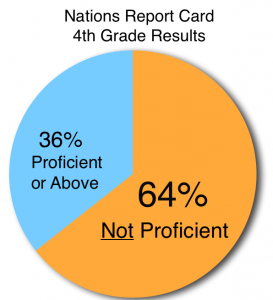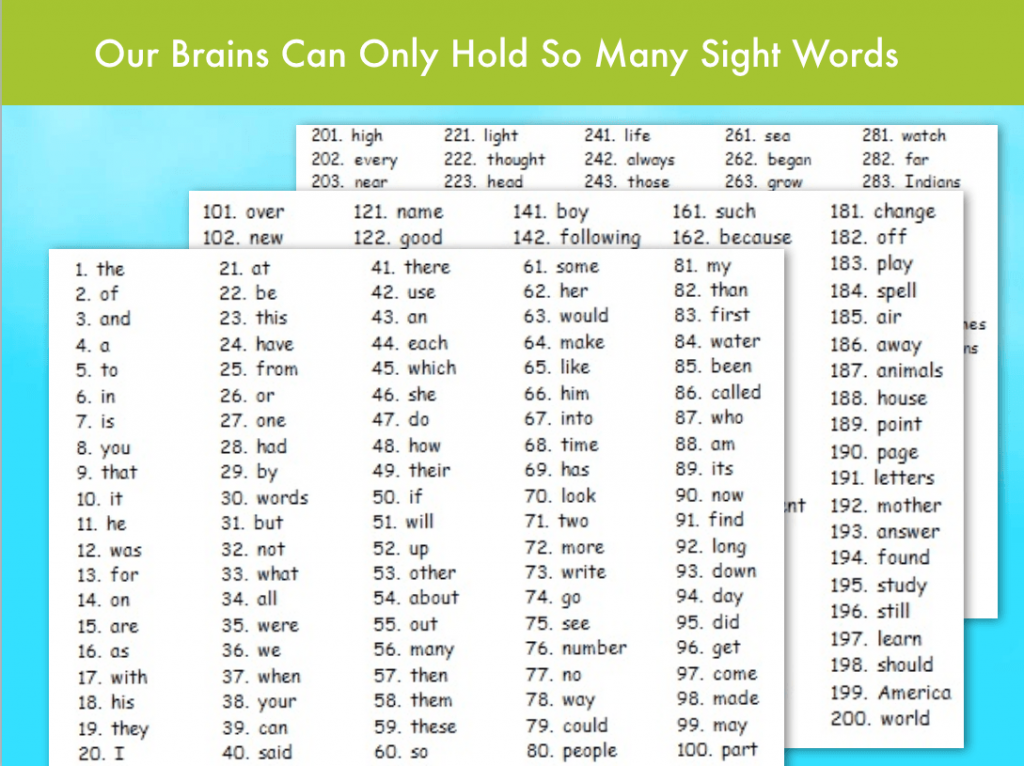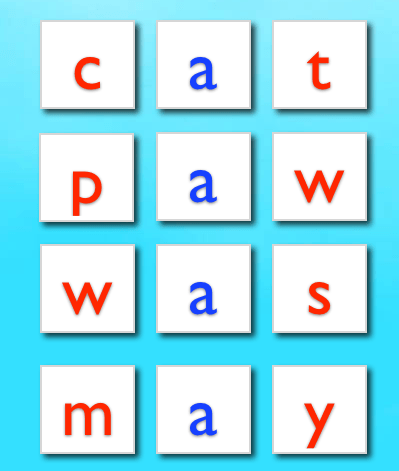2/3 of Our Nation's 4th Graders Read Below Proficiency
While some youngsters may become proficient readers with any type of reading instruction, many readers, especially those with special needs, dyslexia, learning disabilities, or the like can easily be confused to the point of failure unless their reading program is clear, logical, consistent, and reliable. Multi-sensory, Orton-Gillingham-based instruction that includes phonemic and phonological awareness can increase their understanding of how our English language ‘code’ works. But approaches riddled with hundreds of exceptions, can fail our students.

Source: 2015 Nations Report Card
The National Assessment of Educational Progress has released its 2015 Nations Report Card. Once again, approximately two-thirds of our nation’s 4th and 8th graders tested BELOW proficiency. We, at Raising Robust Readers, can’t believe the majority of America’s students are, themselves, incapable of reading proficiently by 8th grade.
We acknowledge that there are many reasons that can contribute to a student’s underachievement. But we took a long, in-depth look at ‘conventional,’ ‘traditional’ teaching methods to see if that may contribute to the problem. We identified three commonplace approaches that could clearly lead to confusion, frustration, and even failure for students.
1. One letter/One Sound Phonics
Imagine you are a struggling, beginning reader trying to sound out “eight” one letter at a time: /ĕ/ + /ĭ/ + /g/ + /h/ + /t/
Try it. Say each letter sound then pronounce the word.

Imagine trying to explain why /ĕ/ + /ĭ/ + /g/ + /h/ + /t/ says /ate/ when the letter “a” isn't even in the word.
When one letter/one phonics doesn’t work, children are told that English is just crazy and all those words are exceptions. Then they are expected to solve the problem by memorizing an unending list of words.
Teaching Sight Words

Teaching whole words with ‘see and say’ drills does not provide guidance and practice with phonemic awareness, the ability to identify and manipulate individual sounds in words. Because phonemic awareness is one of the greatest predictors of future reading success, the more practice, the sooner, the better.
If your child has challenges with memory, visual processing, dyslexia, learning disabilities, etc, could s/he easily memorize this list?
then them they their
Less than 20 of the 220 Dolch words are truly irregular. The rest of the sight words can be sounded out using the phonograms. (see the next article Why Raising Robust Readers works)
2. Teaching Word Families
This theory holds that if certain letter combinations appear frequently, then take a short cut. The problem is that each letter still makes a sound. So the theory is good when it works; but not helpful at all when it doesn’t.
Let’s look at an example:
Memorizing the 'at' family could allow the reader to read this sentence more fluently:
The fat cat sat on a mat.
But what happens when that child is drilled week after week after week and encounters this sentence?
The fat cat and Father will eat on the boat in the water.
If it's a struggling beginning reader, this 'shortcut' causes, at best, extra processing; but worse: confusion and failure.
3. Begin Blending with Consonant-short vowel-consonant
This structure ingrains the short vowel sound. But all vowels, except “e,” make three sounds. For example:
big, bite, piano.
Drilled in making just the short vowel sound, it can be difficult for beginning readers, especially those with special needs and reading challenges, to switch later.
Beginning readers, drilled to the point of immediately recognizing the pattern, will automatically apply the short vowel sound. Put yourself in the place of the ‘programmed’ reader and sound out, aloud, the following words, letter by letter using the short a sound. Then say the word aloud.

The disturbing part for us is that beyond the confusion and frustration, children who struggle to read, and see those around them who don't, often begin to hear a little voice that whispers, “I cannot read. I am stupid.” They begin to think they are inferior when, all the while, it could be the instruction that is inferior.
